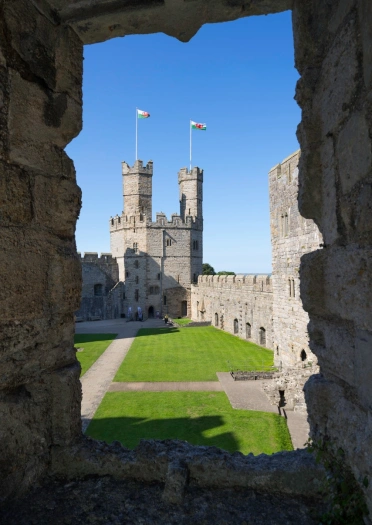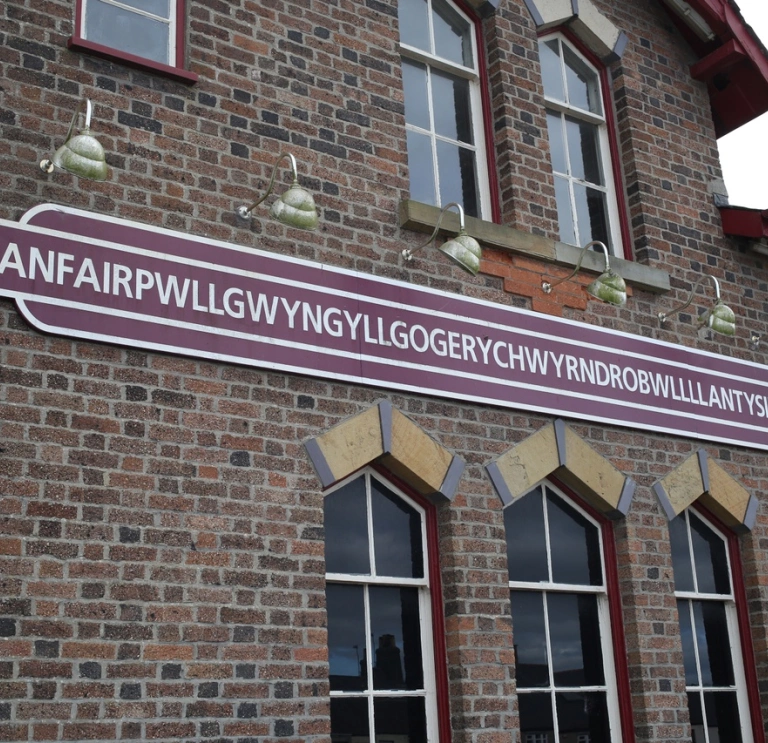Discover Wales
Discover the natural beauty of Wales. The land of song, Wales is a country in the Southwest of Great Britain, steeped with history, industrial transformation and a deep routed passion with its own distinctive Welsh language. Wales was recognised as a country in 1536 although it is believed that its’ land has been inhabited since circa 250,000BC. Wales has been home to European Celtic tribes, Roman and Saxon invaders and people from all over the world who have settled in the country.
With a magnificent rugged coastline 870 miles / 1,4000km, that is accessible to walk the whole way, mountainous national parks, with hiking trails and over 600 castles and four UNESCO World Heritage Sites to explore. The country of Wales is only 170 miles (270km) from south to north and 60 miles (97km) east to west and has a population of 3.1 million.
Wales has its own devolved parliament (the Welsh Parliament) and a government (the Welsh Government) that makes laws, agrees taxes and represents Welsh people, though the United Kingdom Parliament and Government hold significant power and influence.
The capital city of Cardiff (Caerdydd) is compact yet vibrant, hosting major events while still retaining a warm welcome and community presence. Here you’ll find a range of venues, attractions, retail, activities, accommodation, green parkland, a waterfront bay side and some great eating establishments to enjoy and all within walking distance to ensure a relaxing stay.



Weather
The weather in Wales is very similar to the rest of the UK and Ireland, spring and summer are usually pleasantly warm and dry, autumn provides beautiful colours in Wales and can be windy and rainier, the temperature is lower in winter and sometimes snowy (especially in mountainous and hilly areas).
Money
Wales is like the rest of the UK, pound sterling is the currency used. Interestingly, all UK coins (and many coins from countries around the world) are made in Wales at the Royal Mint.
Most places in Wales accept major credit cards, some transport providers only accept cash payments.
Cash can be withdrawn from ATM machines, which are found on high streets, in banks and at service stations. Some ATM machines charge for withdrawal. Post Offices or major banks can change money.

Tipping
There is no obligation to tip in Wales, but if the service has been very good leaving a little extra (10 per cent of the bill is considered more than enough) and is very much appreciated. Some restaurants add an optional service charge to the bill, but this can be removed if requested.

Etiquette
Wales is a polite, friendly and patriotic country. Its people are welcoming and they uphold most of the etiquette practices that the rest of the UK follows, such as queuing and saying 'good morning' - bore da or 'thank you' - diolch in Welsh.


Key facts and figures
Population: 3.1 million (2019) Eurostat
Location: Part of Great Britain
Size: 20,800 sq km.
Time zone: GMT
Currency: Pound Sterling
National Day: St David’s Day, 1 March
National symbols: Dragon, daffodil and leek
National Anthem: Hen Wlad fy Nhadau (Land of my Fathers)
Language: Welsh and English
Cities: Seven – Cardiff (capital), Newport, Swansea, Bangor, St Davids, St Asaph and Wrexham
Wales is made up of 22 local authority areas. For the purposes of Visit Wales, we 'split' these areas into larger regions: North Wales, Mid Wales, West Wales, and South Wales.
The regions are made up of the following local authorities.
- Conwy County
- Denbighshire County
- Flintshire County
- Gwynedd
- Wrexham County
- Isle of Anglesey / Ynys Môn
- Ceredigion County
- Powys County
- Carmarthenshire County
- Neath Port Talbot
- Pembrokeshire County
- City and County of Swansea
- Blaenau Gwent County Borough
- Bridgend County Borough
- City of Cardiff
- Caerphilly County Borough
- Merthyr Tydfil County Borough
- Monmouthshire County
- Newport City
- Torfaen County Borough
- Rhondda Cynon Taf County Borough
- Vale of Glamorgan



